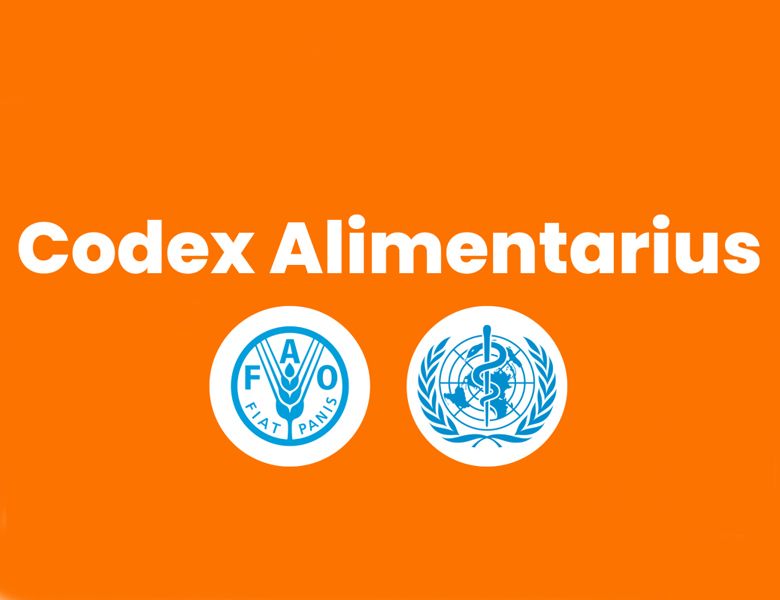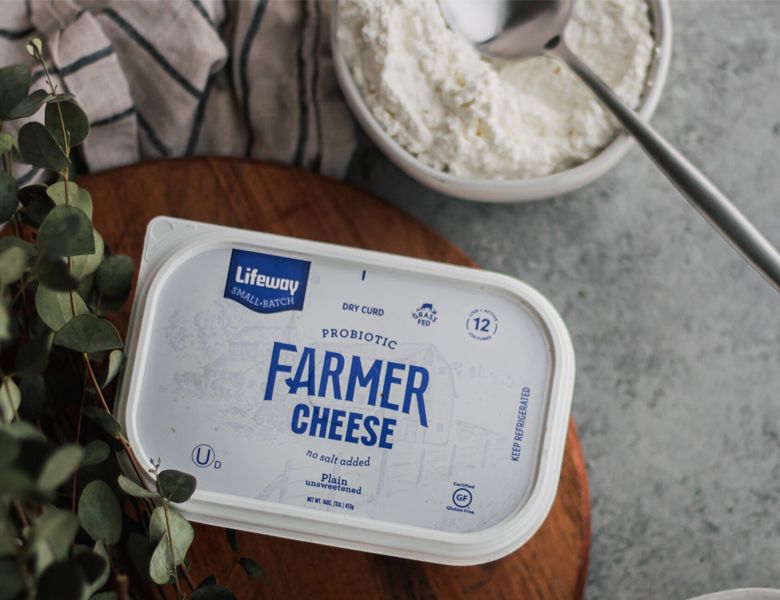Everything about Codex Alimentarius

- | آتاماد |
- Viewer: 252
Codex Alimentarius which translates to "Food Code" in Latin, is a compilation of internationally recognized standards for food crafted through a global perspective application. The guidelines, standards, and codes of practice published under the Codex Alimentarius are intended for food safety legislators, manufacturers, traders, food handlers, and consumers. The Codex Alimentarius standards apply to "principal foods," including raw, processed, and semi-processed foods.
Codex Alimentarius contains regulations on the hygiene, quality, and nutritional value of food like microbiologically acceptable species, and regulations on food additives, pesticide residues, contaminants, labeling, as well as food analysis and sampling methods. Other regulations are provided in the form of codex recommendations, guidelines, and standards.
Codex texts are categorized into two types, general standards that apply to all types of products and groups, and commodity standards which apply to a specific type of food product. Recently, the commission has focused more on producing general standards or standards that apply to food groups rather than one specific food product only.
Why was Codex Alimentarius created?
The Codex Alimentarius was created in 1963 by WHO and FAO to protect consumers’ health, hygiene, and rights, ensure fair trade, and publish final standards in the form of regional or international standards.
Why do we need Codex standards?
Before the creation of the Codex Alimentarius, concerns about trade barriers as a result of conflicting standards and the use of food additives with unequal knowledge of food technology were widespread. International organizations for food safety created the Codex Alimentarius to resolve disputes in related regulations.
Based on scientific research and food safety experts’ findings, all Codex guidelines and standards provide a sound reference and identification of terms for uniform understanding and elaboration for vague topics.
As food safety standards may greatly differ all over the world, Codex standards provide reliable references for making safe resolutions while making the consumer's health a priority. The main goal of presented Codex standards is to protect consumers from food handling malpractice. They also help ensure that all food products placed in every establishment are safe, wholesome, unadulterated, and properly labeled.
For every food business, compliance with standards based on Codex can increase the chances of being approved for international trade. Maintaining compliance with these standards is a continuous task and is essential for every food business all over the world.
Reference:
https://www.fao.org/fao-who-codexalimentarius/en/
GET IN TOUCH
Copyright © 2023 Atamad.com All right reserved
Website design and SEO services by Seohama team – Web hosting by Sarverhama
Copyright © 2023 Atamad.com All right reserved
Website design and SEO services by Seohama team – Web hosting by Sarverhama








